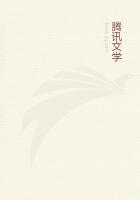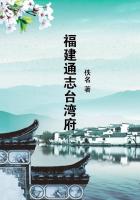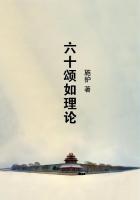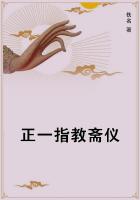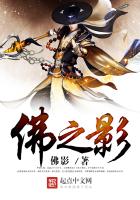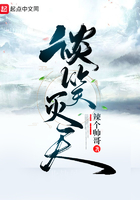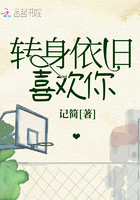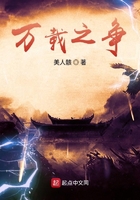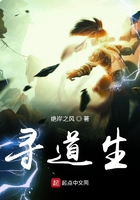AFTER my father had come to the conclusion that it was not only useless to help people with money, but immoral, the part he took in distributing food among the peasants during the famines of 1890, 1891, and 1898 may seem to have shown inconsistency and contradiction of thought.
"If a horseman sees that his horse is tired out, he must not remain seated on its back and hold up its head, but simply get off," he used to say, condemning all the charities of the well-fed people who sit on the back of the working classes, continue to enjoy all the benefits of their privileged position, and merely give from their superfluity.
He did not believe in the good of such charity and considered it a form of self-hallucination, all the more harmful because people thereby acquire a sort of moral right to continue that idle, aristocratic life and get to go on increasing the poverty of the people.
In the autumn of 1890 my father thought of writing an article on the famine, which had then spread over nearly all Russia.
Although from the newspapers and from the accounts brought by those who came from the famine-stricken parts he already knew about the extent of the peasantry's disaster, nevertheless, when his old friend Ivanovitch Rayovsky called on him at Yasnaya Polyana and proposed that he should drive through to the Dankovski District with him in order to see the state of things in the villages for himself, he readily agreed, and went with him to his property at Begitchovka.
He went there with the intention of staying only for a day or two; but when he saw what a call there was for immediate measures, he at once set to work to help Rayovsky, who had already instituted several kitchens in the villages, in relieving the distress of the peasantry, at first on a small scale, and then, when big subscriptions began to pour in from every side, on a continually increasing one. The upshot of it was that he devoted two whole years of his life to the work.
It is wrong to think that my father showed any inconsistency in this matter. He did not delude himself for a moment into thinking he was engaged on a virtuous and momentous task, but when he saw the sufferings of the people, he simply could not bear to go on living comfortably at Yasnaya or in Moscow any longer, but had to go out and help in order to relieve his own feelings.
Once he wrote:
There is much about it that is not what it ought to be; there is S. A.'s money [22] and the subscriptions; there is the relation of those who feed and those who are fed. THERE IS SIN WITHOUT END, but I cannot stay at home and write. I feel the necessity of taking part in it, of doing something.
[22] His wife's.
Six years later I worked again at the same job with my father in Tchornski and Mtsenski districts.
After the bad crops of the two preceding years it became clear by the beginning of the winter of 1898 that a new famine was approaching in our neighborhood, and that charitable assistance to the peasantry would be needed. I turned to my father for help. By the spring he had managed to collect some money, and at the beginning of April he came himself to see me.
I must say that my father, who was very economical by nature, was extraordinarily cautious and, I may say, even parsimonious in charitable matters. It is of course easy to understand, if one considers the unlimited confidence which he enjoyed among the subscribers and the great moral responsibility which he could not but feel toward them. So that before undertaking anything he had himself to be fully convinced of the necessity of giving aid.
The day after his arrival, we saddled a couple of horses and rode out. We rode as we had ridden together twenty years before, when we went out coursing with our greyhounds; that is, across country, over the fields.
It was all the same to me which way we rode, as I believed that all the neighboring villages were equally distressed, and my father, for the sake of old memories, wanted to revisit Spasskoye Lyutovinovo, which was only six miles from me, and where he had not been since Turgenieff's death. On the way there I remember he told me all about Turgenieff's mother, who was famous through all the neighborhood for her remarkable intelligence, energy, and craziness. I do not know that he ever saw her himself, or whether he was telling me only the reports that he had heard.
As we rode across the Turgenieff's park, he recalled in passing how of old he and Ivan Sergeyevitch had disputed which park was best, Spasskoye or Yasnaya Polyana. I asked him:
"And now which do you think?"
"Yasnaya Polyana IS the best, though this is very fine, very fine indeed."
In the village we visited the head-man's and two or three other cottages, and came away disappointed. There was no famine.
The peasants, who had been endowed at the emancipation with a full share of good land, and had enriched themselves since by wage-earnings, were hardly in want at all. It is true that some of the yards were badly stocked; but there was none of that acute degree of want which amounts to famine and which strikes the eye at once.
I even remember my father reproaching me a little for having sounded the alarm when there was no sufficient cause for it, and for a little while I felt rather ashamed and awkward before him.
Of course when he talked to the peasants he asked each of them if he remembered Turgenieff and eagerly picked up anything they had to say about him. Some of the old men remembered him and spoke of him with great affection.

